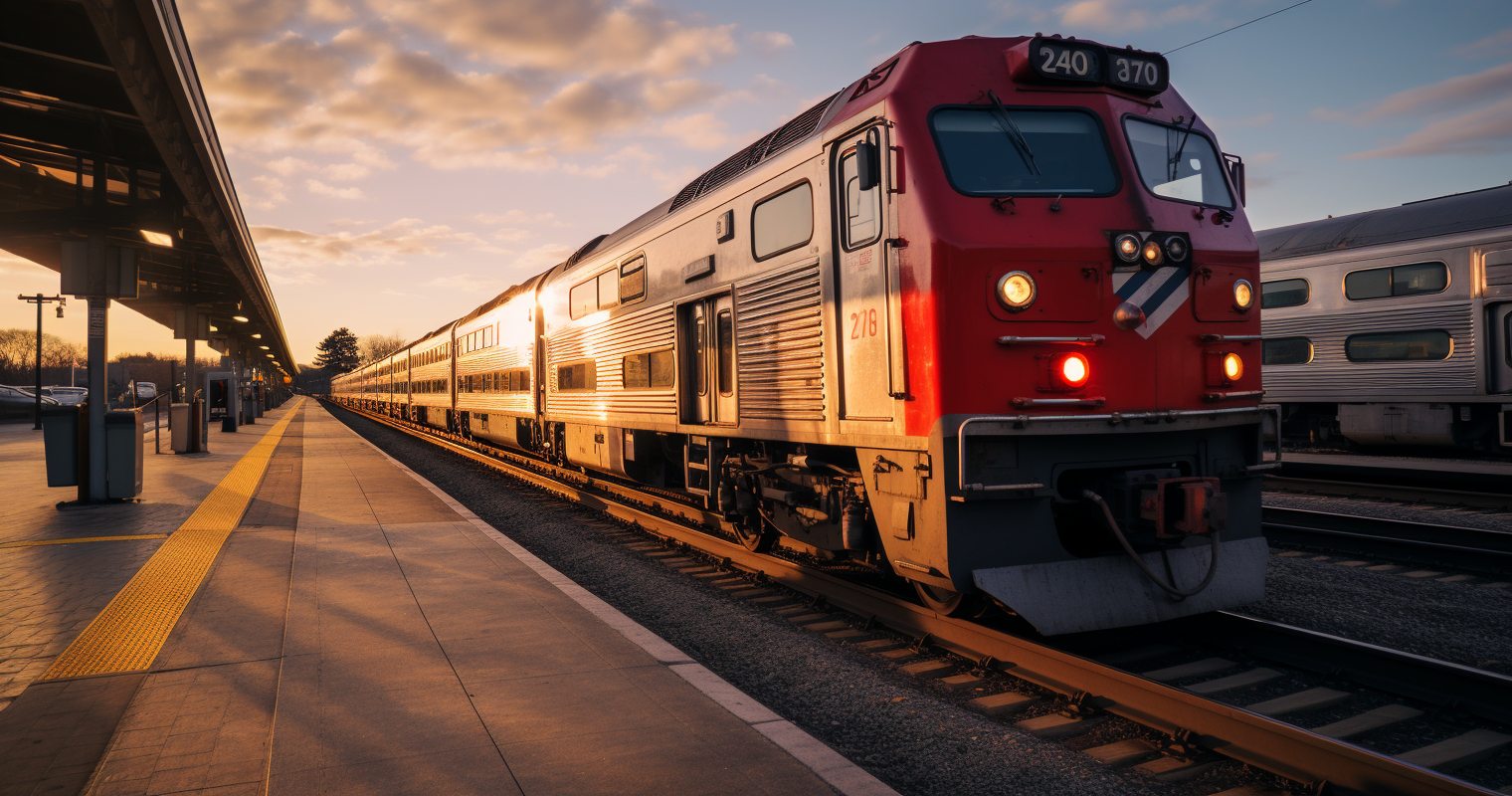Brazil is the largest country in South America, with a diverse landscape ranging from dense rainforests to bustling cities. Rail travel is an option in Brazil, with several long-distance trains operating throughout the country. This article will provide information on the overall standard of rail travel in Brazil, where to find information on timetables and ticket prices, what types of rail tickets are available, the suitability of the rail network for disabled passengers, and the status of underground trains or metros in urban areas.
Overall Standard of Rail Travel in Brazil
The overall standard of rail travel in Brazil varies depending on the train service and class of travel. Long-distance trains in Brazil are generally considered comfortable and offer a good standard of service, with some offering amenities such as sleeper cabins and onboard dining. However, some trains may be slower and less comfortable than others, so it is recommended to research the specific train service before booking.
Classes of Travel in Brazil
There are several classes of travel available on long-distance trains in Brazil, including:
- Economy: The most basic class of travel, with seats in a shared carriage.
- Executive: A higher class of travel with more comfortable seats and extra legroom.
- Sleeper: A class of travel with private cabins for overnight journeys.
Information on Timetables and Ticket Prices
Information on rail timetables and ticket prices in Brazil can be found on the website of the national rail operator, Vale do Rio Doce (Vale). Tickets can be purchased online through the website, at train stations, or through travel agents. It is recommended to book tickets in advance, especially during peak travel seasons.
Types of Rail Tickets Available and Discounts
There are several types of rail tickets available in Brazil, including one-way tickets, round-trip tickets, and multi-ride passes. Discounts are available for children, students, and senior citizens, as well as for groups of 12 or more travelling together. Vale also offers discounts for purchasing tickets online in advance.
Rail Travel for Disabled Passengers
The rail network in Brazil is generally not well-suited for disabled passengers, as trains may not be equipped with wheelchair ramps or other accessibility features. However, some trains may have limited accessibility options available, such as priority seating for disabled passengers. It is recommended to check with individual train operators for more information on accessibility options.
Underground Trains or Metros in Urban Areas
Brazil has several underground trains or metros in urban areas, including:
- São Paulo Metro: The metro system in São Paulo is the largest in Brazil, with six lines and over 90 stations.
- Rio de Janeiro Metro: The metro system in Rio de Janeiro is smaller than São Paulo’s, with two lines and 35 stations.
- Belo Horizonte Metro: The metro system in Belo Horizonte has one line and 19 stations.
The standard of service on these underground trains or metros varies depending on the system and the specific line. Generally, these systems are considered reliable and efficient, with regular services throughout the day.
In conclusion, rail travel is an option in Brazil, with several long-distance trains operating throughout the country. The overall standard of rail travel in Brazil varies depending on the train service and class of travel, with several classes available including economy, executive, and sleeper. Information on rail timetables and ticket prices can be found on the website of the national rail operator, Vale do Rio Doce (Vale), and discounts are available for children, students, senior citizens, and groups. However, the rail network in Brazil is generally not well-suited for disabled passengers. Brazil also has several underground trains or metros in urban areas, including São Paulo, Rio de Janeiro, and Belo Horizonte, with varying standards of service and efficiency. It is recommended to research the specific train service or metro system before booking, and to check with individual operators for information on accessibility options for disabled passengers. Overall, rail travel can be a convenient and efficient way to explore Brazil, with options for both long-distance and urban travel.

